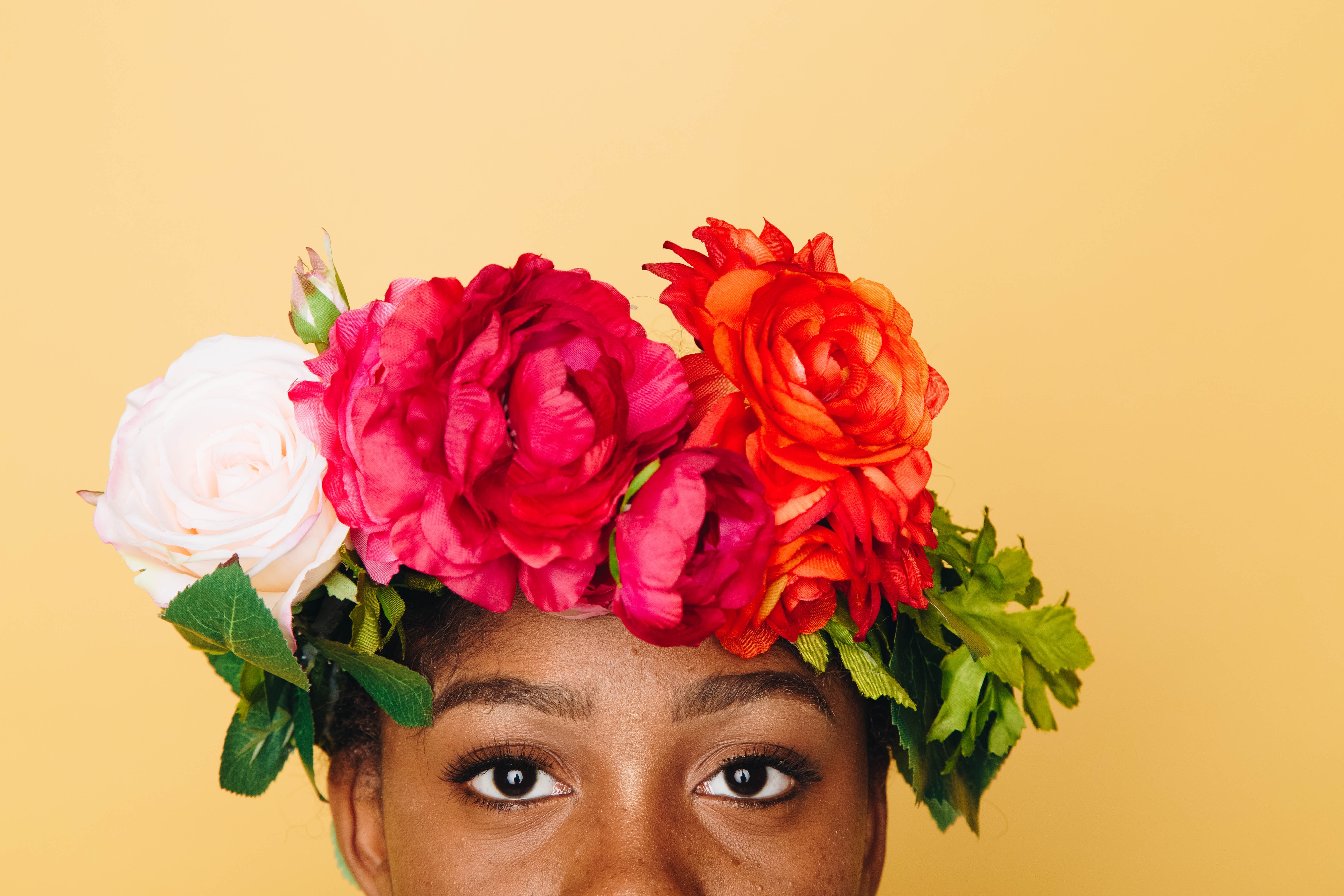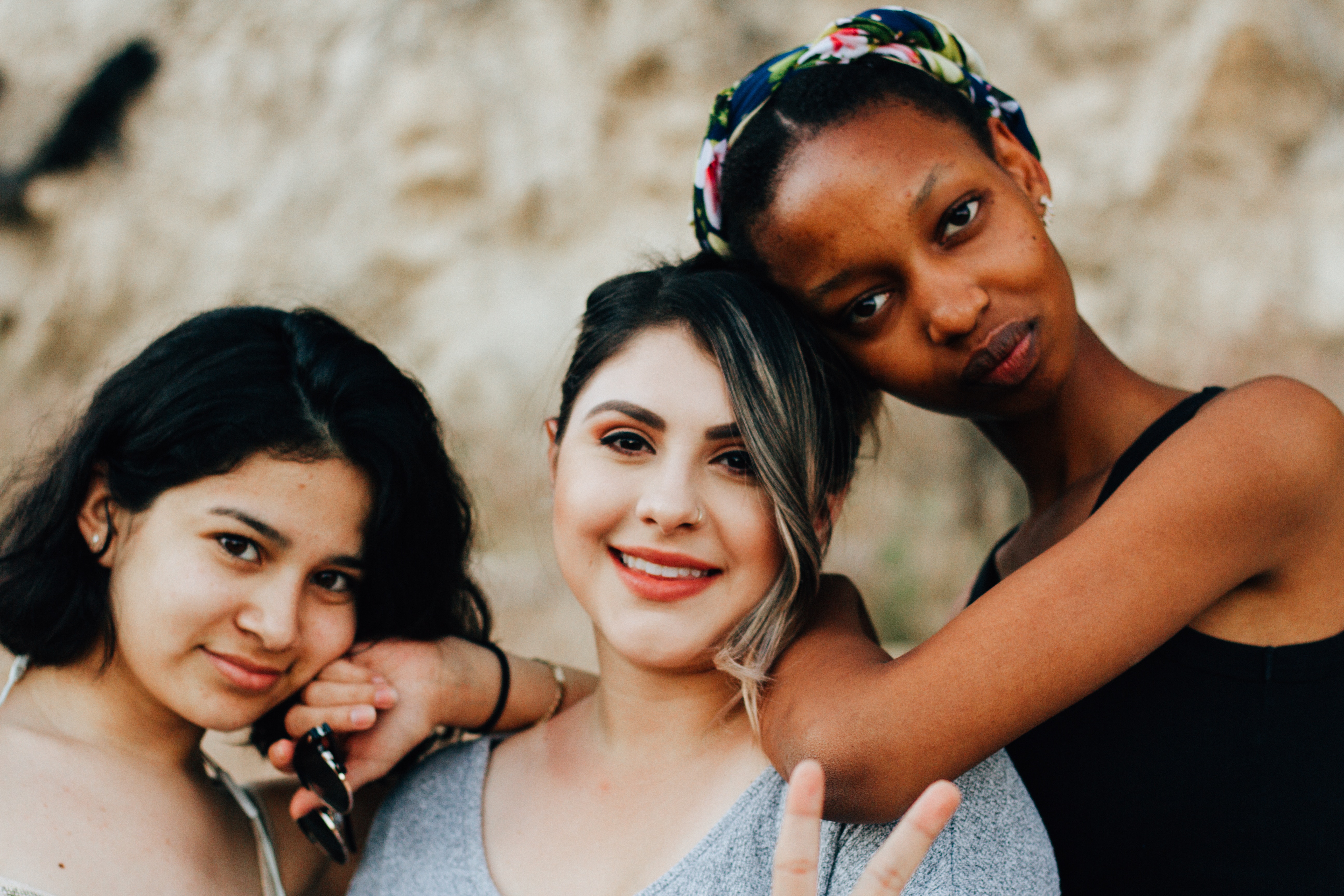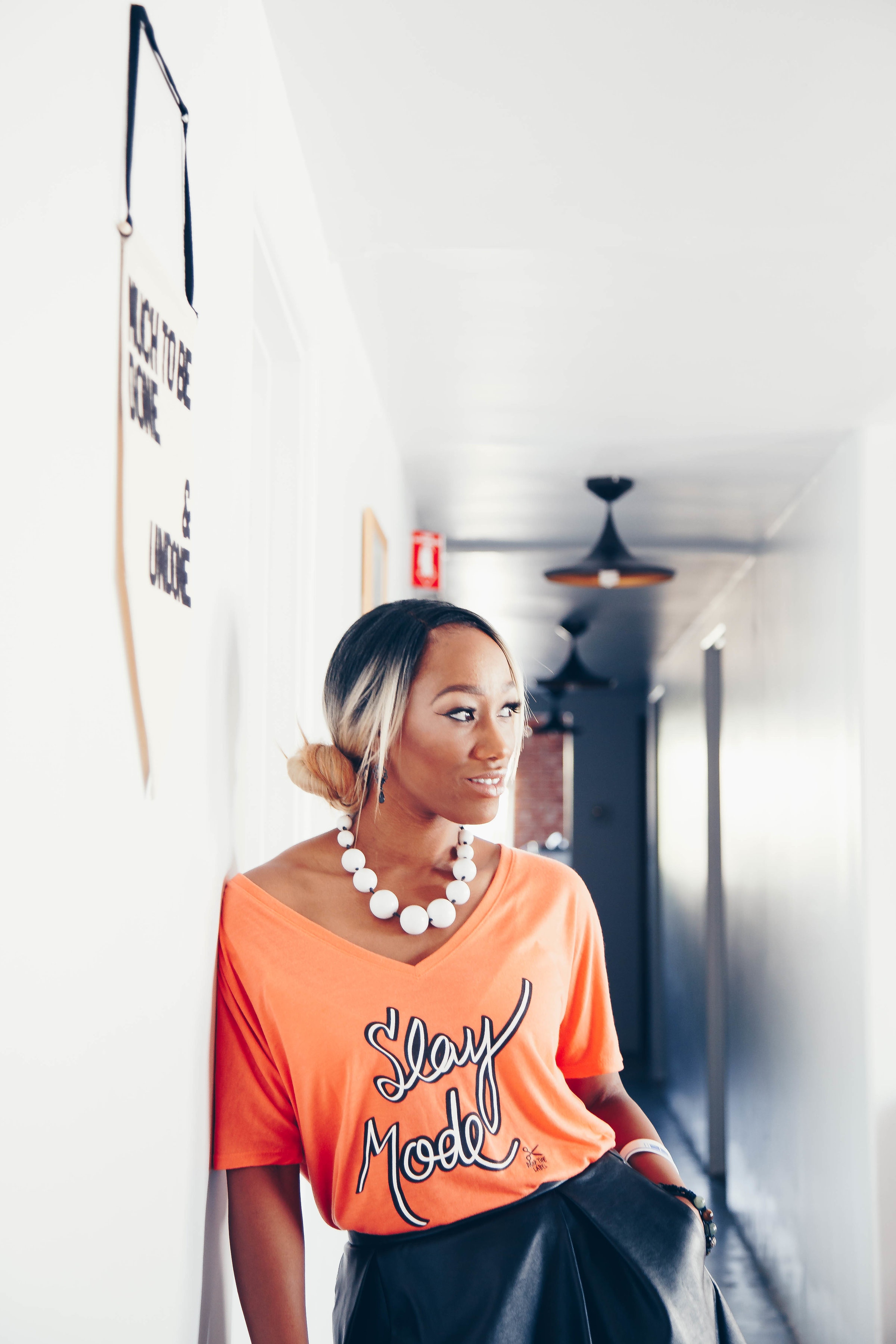As a business coach for women-identified entrepreneurs, what I am finding is that there is a glaring gap in the professional development arena as it relates to women of color. Some of the top business journals such as Forbes, Fast Company and The Harvard Business Review which have served as my go-to resource for leadership and business advice for years stops woefully short in serving a diverse audience. I find articles and strategies that are largely geared toward a generalized audience and doesn’t necessarily speak to women leaders of color.
Admittedly, I have applied some of the same information in my coaching programs and workshops but realized there is a very important piece of my culture that is missing in the conversation. What I have learned in the process and want to speak to are the stories that are relevant to women of color, specifically black women.
The business community at large has an opportunity to have a new branding conversation that opens us up to our specific and unique life experiences. To address our unique challenges like: What should we be aware of when we walk in the room, particularly if we are the only woman of color? What conscious and unconscious biases are being projected onto us by our white peers? How do we establish ourselves as leaders who not only belong in the room but have a lasting impression long after we’ve left?
As we look at the women’s movement, change only happens when we address the issues of inclusivity, intersectionality, gender equality, pay equality, the leadership gap and shine a closer lens on the advancement of black women and women of color as a whole.

The perception of black women in the workplace has been one where we are notoriously undervalued and passed over when considered for leadership roles. The same holds true in entrepreneurship where lack of access to funding and baseline support like mentorship are few and far between. While these challenges are mainly systemic and cannot be oversimplified by employing personal branding techniques, it is an area where we can at least start the conversation. Let’s begin.
First of all, what is a personal brand? The simple definition is a personal brand is the unique set of personal and professional ingredients that when artfully blended together represents who you are. It’s about identifying what makes you distinctive, relevant and memorable. In short, it’s your point of differentiation.
Now with that said, we’re going to explore the interplay of how dominant social norms have created barriers to how we as black and brown women see ourselves and how we can use elements of our culture in the ways that we lead and present ourselves in the business world.
Using our cultural upbringing as an asset
When you’re dropped into a culture largely rooted in European history but you were raised in an ethnically diverse household, navigation of these landscapes can prove a bit tricky. Influences of a dominant culture can often overshadow our own. In a conversation once with my mentor, a woman from Central Africa, she shared how often people would make insensitive remarks about her country upon first meeting her. In these instances she had to choose to either laugh it off or educate others on their ignorant comments. But the truth is, for her, the fact that she is African born is the greatest piece of her personal brand. She uses her cultural roots as an asset to build influence and open doors to projects and media channels that regularly look for people with her background.
As someone who identifies with Carribean culture being brought up in that space, I can use my personal stories and connection to the islands to differentiate me and raise the visibility of my culture as a whole. By using our culture as a valued piece of our brand we can dispel assumptions, shine a positive spotlight and bring greater representation to our respective fields.

Remember our name
For years black women have been criticized and downright dismissed in the professional world because of our names. As recent as 2018, a St. Louis woman was rejected after applying to a customer service job. The employer had this to say: “Unfortunately, we do not consider candidates that have suggestive ghetto names.” Creative naming inspired by pro-black movements of the ‘60s and ‘70s gave rise to naming practices that veered away from common European sounding names. While the goal was to take pride in our heritage, what ensued was the inability of mass media and social entities to embrace our true identities. Black women have been made to feel ashamed of our names from our white peers and even those within our own race calling people with black names foolish.
In the personal branding world, our names hold weight; they represent our reputation, our heritage, and our legacy — in short, our name is quite literally, who we are. When you hear the name Uzo Aduba, you think Emmy-winning Nigerian actress. She tells her story of when she was a kid, asking her mother if she could go by the name “Zoe” because no one could pronounce her actual name. Uzo’s mom responded, “If they can learn to say Tchaikovsky and Michelangelo and Dostoyevsky, they can learn to say Uzoamaka.”

Don’t Touch My Hair
I knew my hair was an asset the moment someone recognized me from a few blocks away just by the way I wore my hair; big and free. They commented: I saw the hair and knew that was you. This past July, California enacted “The Crown Act”; a law that bans any form of racial discrimination based on targeting hairstyles. Black women and even children had been told that our hair is “unruly” and therefore a distraction or not conducive to the workplace. Imagine being told that a part of who you who you are is seen by others as unacceptable or not appropriate. I once knew a woman who refrained from going natural and wore her hair straight because she feared the backlash at work. Corporate assimilation is real y’all.
In the black community, especially for women, hair in all its forms has always been the centerpiece of identity. From natural curls, afro puffs, sew in weaves to dreadlocks our hair is is an attribute that helps define who we are and shapes the narrative of what it means to be a black woman. In 2006, musician India Arie released, “I Am Not My Hair,” an anthem to people everywhere (not just black women) reinstilling pride in our hair. The way we wear our hair is just a small piece of what makes us who we are. In many ways, our hair is also how we make a statement, our statement.
I hope business platforms and all commentators for best branding practices can pause long enough to realize that we are not a one-size, fits all version of what leadership should be. Leadership is diverse and should be treated as such. As the fastest growing minority group, let us never settle. May we all embrace what we all know are our best redeeming assets.

